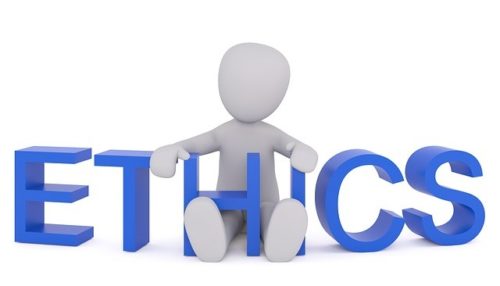Abuse of domestic partners in the form of physical, psychological, financial, sexual, and related forms of abuse tends to be systemic in nature causing complex trauma to the victim who suffers overwhelming psychological and emotional stress leading to various psychiatric issues forcing the victim to contend in unhealthy ways while experiencing deep feelings of helplessness, hopeless despair, and pain. This program will provide a detailed understanding of the victim’s experiences and challenges for the criminal defense lawyer in such cases.
Agenda
- To understand the types of abuses that victims suffer.
- To understand the concept of complex trauma and how it can be applied to victims of domestic abuse to understand their trauma for defense purposes.
- To understand the major psychiatric diagnoses associated with victims of domestic violence.



